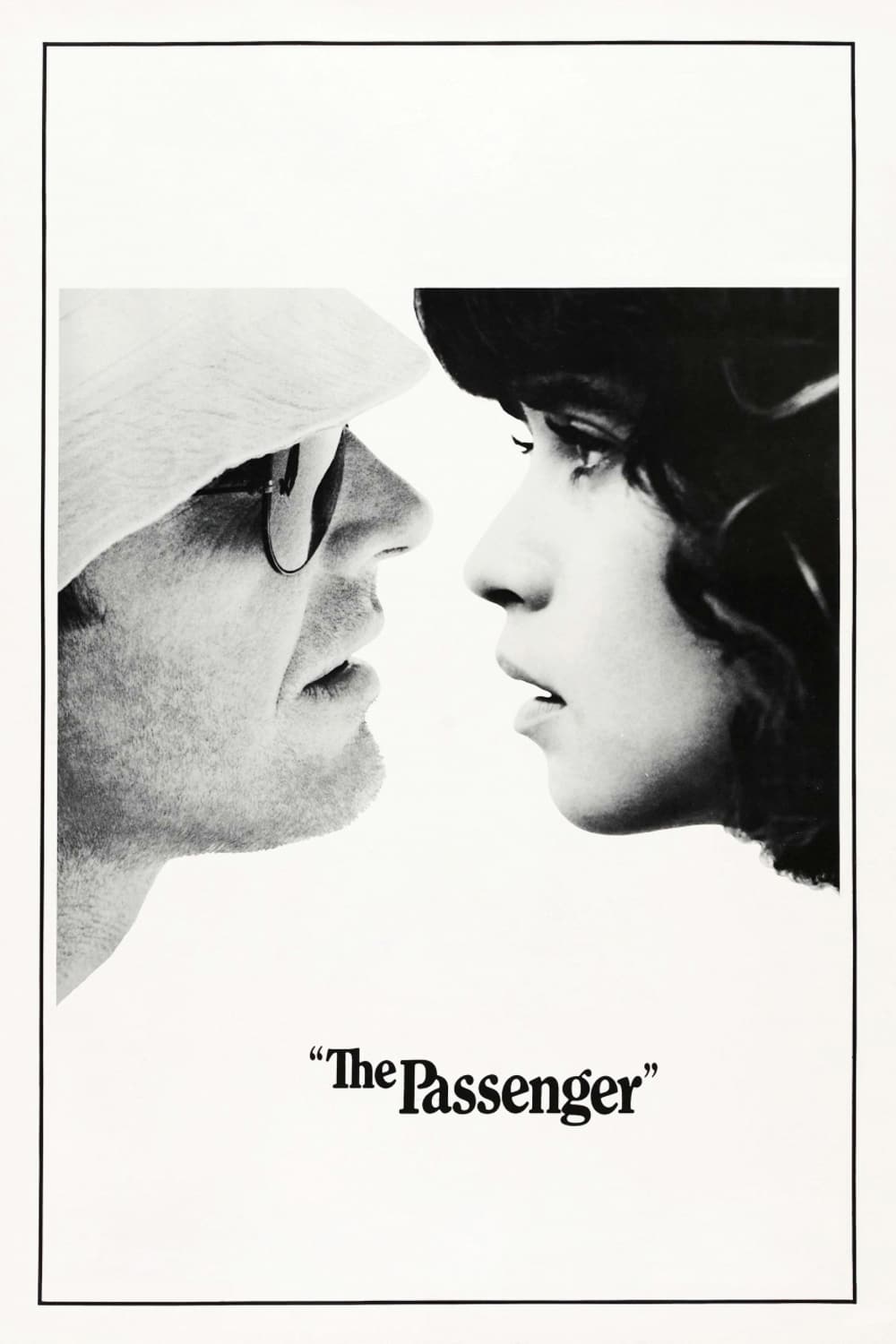
David Locke is a world-weary American journalist who has been sent to cover a conflict in northern Africa, but he makes little progress with the story. When he discovers the body of a stranger who looks similar to him, Locke assumes the dead man's identity. However, he soon finds out that the man was an arms dealer, leading Locke into dangerous situations. Aided by a beautiful woman, Locke attempts to avoid both the police and criminals out to get him.
16 Feb The Passenger (1975)
Dying Authentically, Inside Out
I watched this again because of the recent loss of Maria Schneider. She was at times important to some influential film experiences by actively supporting passivity, and thus was a sort of transition archetype. And it reminded me once again of the tight relationship a film has with its audience.
Antonioni was at the peak of his powers, and so was Nicholson. But we were in 1975 also at the peak of our ability to work with the eye. Sure, I am even more skilled now at viewing — we all are, aren’t we? — but that is not talent and talent requires young, shocking hunger. This film was important because we were talented consumers of art because we needed it. This notion of narrative drift was new and important.
If you do not know this film, the story consists of a very simple device: a man is a filmmaker who loses his identity and enters the world of film, stranded as it were, unconnected. There is some intrigue, but it is remote, abstract. He drifts through purely cinematic locales; these are real places but hauntingly vacant but for selected local observers. These observers are essential, always located in the background.
He has two women who circumscribe his identity. One is Maria‘s character, nameless. She seems to be never in the world that Nicholson inhabits, and is always one layer deeper, engaged by chance as he glimpses and records her on a park bench in London.
She appears with him, but the spaces are always inverted in some novel way, starting with Gaudi‘s plastic introspections: our first cinematic spaces. The other is his redheaded wife back home, played by our Jubilee Elizabeth. She works in a strange, almost incomprehensible way to help him be released from the worlds he is trapped in, as she is having an affair with his producer. Antonioni identifies with that man, as he stirs the view into the films.
The last shot is justly celebrated as it takes advantage of the lugubrious pace and the heavy investment of space. In this shot, the camera acknowledges all the types of watchers we have come to know in the film, and allows us to escape quite literally by leaving a final hotel room, identical in key details to one earlier in which our character may have died.
The interesting thing is that this shot only works if you have invested in the film, letting its Zen spaces settle into you. And it only works in that deep way if you are there, newly separated from your self.
Posted in 2011
Ted’s Evaluation — 3 of 3: Worth watching.


No Comments